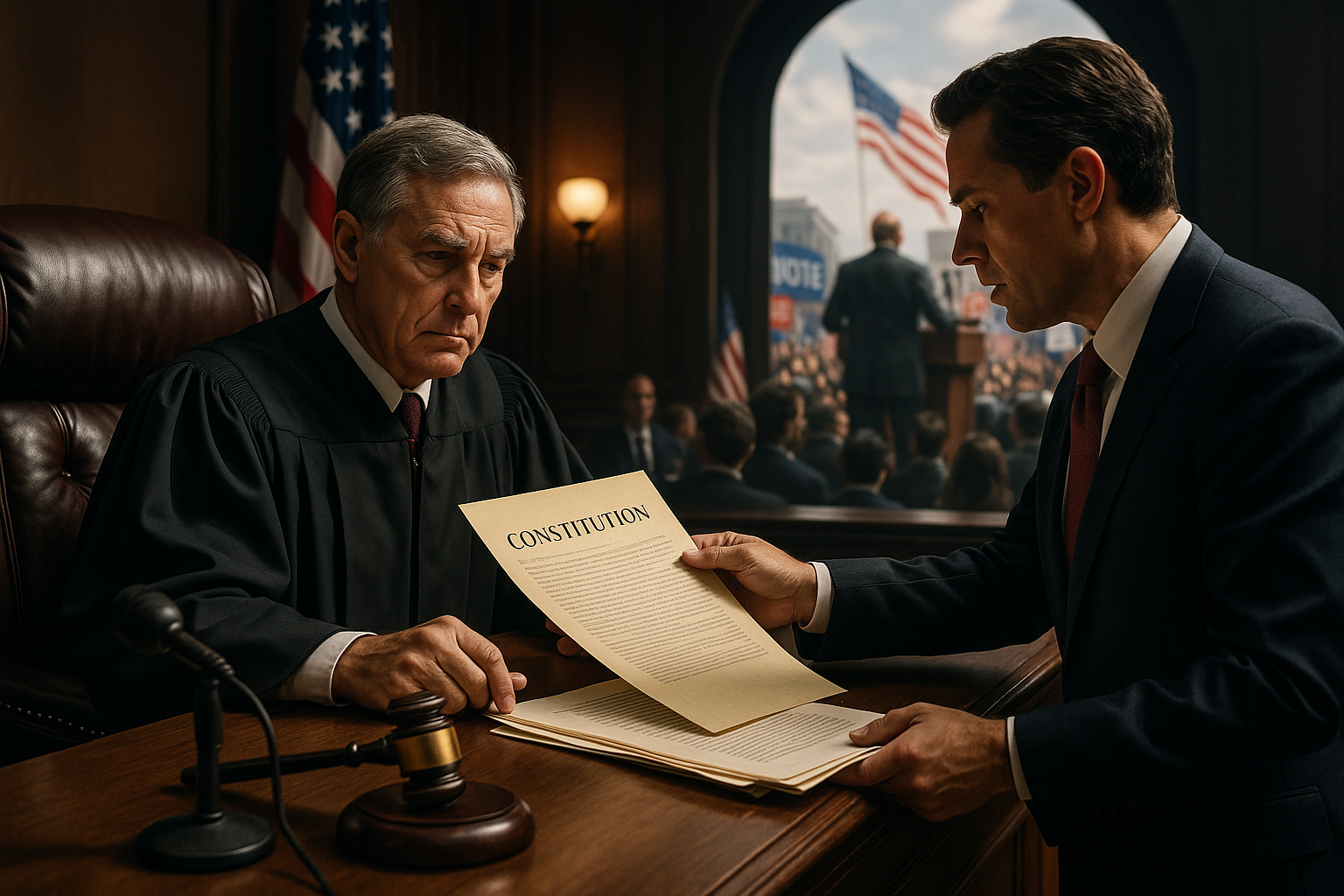Unraveling the Implications of the Citizens United Decision
The Citizens United v. Federal Election Commission ruling remains one of the most influential and controversial decisions in the annals of U.S. constitutional law. This article delves into the historical context, analyzes the decision's impact, and examines the ongoing debates on election financing.

Historical Context of the Citizens United Decision
In 2008, a conservative non-profit organization, Citizens United, intended to broadcast a film critical of Hillary Clinton. However, they faced legal challenges due to the Bipartisan Campaign Reform Act (BCRA) of 2002, which prohibited corporations from funding “electioneering communication.” The case eventually reached the Supreme Court, resulting in a landmark decision in 2010 that fundamentally altered the landscape of U.S. campaign finance.
The Supreme Court Ruling: A Constitutional Perspective
The Supreme Court, in a 5-4 decision, ruled that limiting corporations’ independent political expenditures violated their First Amendment rights. Justice Anthony M. Kennedy, writing for the majority, argued that the government had no place in suppressing political speech, irrespective of the speaker’s identity. This decision effectively overturned decades of campaign finance restrictions, giving corporations and unions the same political speech rights as individuals.
Implications and Impact on U.S. Politics
The Citizens United ruling has had far-reaching implications. It paved the way for the creation of super PACs (Political Action Committees), which can raise unlimited funds from corporations, unions, and individuals, dramatically increasing the money flowing into political campaigns. Critics argue this has led to a distortion of the democratic process, allowing wealthy entities to wield disproportionate influence over political discourse and election outcomes.
Ongoing Debates and Proposed Reforms
The decision has been the subject of intense debate since it was handed down. Critics argue for a constitutional amendment to overturn Citizens United, asserting that the ruling equates money with speech and corporations with people, undermining the democratic process. Conversely, supporters maintain that the ruling protects free speech and that restrictions on campaign financing amount to censorship.
The Continuing Relevance of Citizens United
A decade after the Citizens United decision, its impact continues to reverberate through U.S. politics. While the ruling has significantly influenced the electoral landscape, it has also sparked a vibrant national debate about the role of money in politics. This ongoing dialogue underscores the continuing relevance of the Citizens United decision in shaping the future of U.S. democracy.
In conclusion, the Citizens United decision is a landmark case with considerable implications for U.S. politics. Its influence on campaign financing underscores the profound impact that legal rulings can have on societal dynamics and democratic processes. As the debate continues, it remains a topic of interest for anyone seeking to understand the intricacies of U.S. constitutional law and its intersection with political realities.






